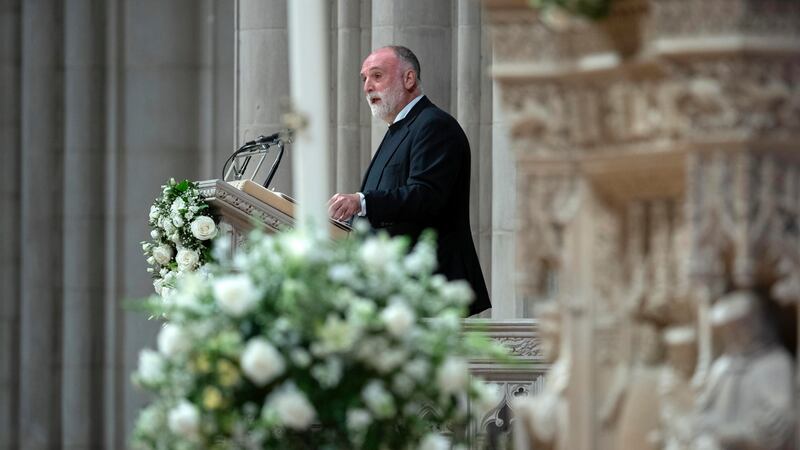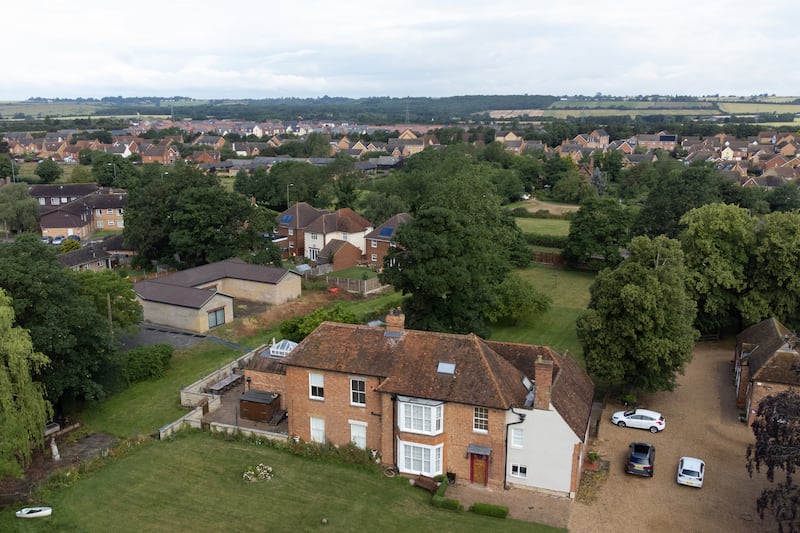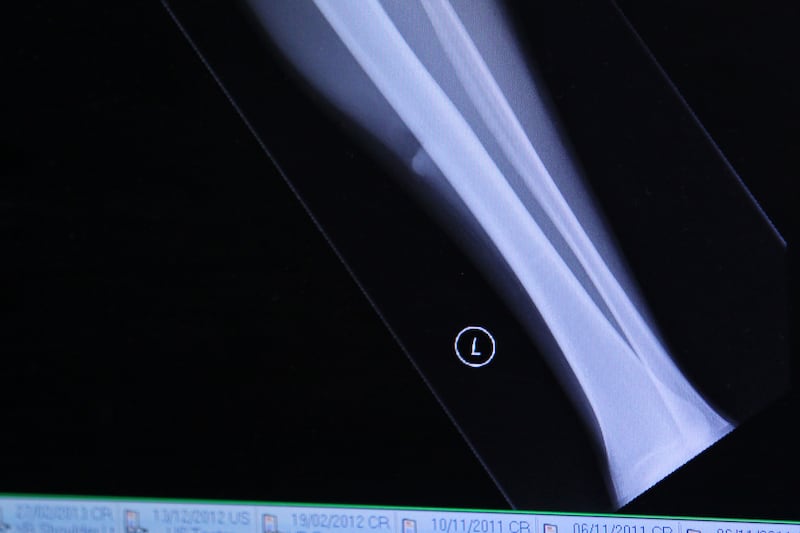Immunotherapy drugs may offer a lifeline to men with the deadliest forms of prostate cancer, research suggests.
Scientists have identified a sub-group of men with super-aggressive prostate cancer caused by DNA repair defects.
They have the worst record of survival using currently available hormone and chemo therapies. But a new study indicates they are likely to respond well to novel cancer treatments that target the immune system.
Scientists studied 127 tumour tissue samples from 124 prostate cancer patients, and genetic information from a further 254.
They identified a group of men with so-called “mismatch repair” gene mutations who had especially unstable cancers.
Unable to fix single-letter mistakes in the genetic code, their tumours acquire ever-increasing numbers of mutations and swiftly evolve resistance to treatment.
Around 8% of men with advanced prostate cancer had mismatch repair mutations.
They survived only 3.8 years on average after beginning treatment compared with seven years for other patients.
However their tumours also tended to have high levels of a known immunotherapy target – a protein called PD-L1 that cancer cells use to shield themselves from the immune system.

Drugs known as “checkpoint inhibitors” are designed to target PDL-1 and take the brakes off the immune system so that it can attack cancer cells.
A number of immunotherapy medicines have been successfully used against other cancers, including melanoma and lung cancer.
But until now there has been no strong evidence that they might be effective against prostate cancer.
Lead scientist Professor Johann de Bono, from The Institute of Cancer Research and The Royal Marsden Hospital, said: “Our study found that some men with advanced prostate cancers have genomic mutations in their tumours that make the disease unstable, aggressive and resistant to standard therapies.
“These men with ‘mismatch’ repair mutations only live about half as long as others who also have advanced prostate cancer but whose tumours don’t carry such mutations.
“We made an exciting step forward in working out how to treat men with such aggressive, unstable tumours.
“We discovered that tumours with mismatch repair mutations have key hallmarks which make them particularly likely to respond to checkpoint inhibitor immunotherapy.
“We are now developing tests that could pick out patients with these mutations, and we’re running new clinical trials to see if immunotherapy can offer new hope for these men.”
Professor Paul Workman, chief executive of The Institute of Cancer Research, said immunotherapy was ushering in a “revolution in cancer treatment”.
The approach worked best for cancers with a lot of mutations, he pointed out.
The fact that prostate tumours tended to have fewer mutations than other cancer types was the likely reason why immunotherapy had so far only been successful in a small minority of cases.
Prof Workman added: “This new study is exciting in providing a way to pick out those men with prostate cancer who have the most aggressive, unstable disease and the worst survival – but who conversely might be the best responders to immunotherapy.
“It will be fascinating to see whether we can translate the theory into practice in the new clinical trials to test out immunotherapy in men with genetically unstable tumours.”
The study, published in the Journal of Clinical Investigation, was part-funded by the Movember Foundation and the Prostate Cancer UK charity.
Dr Matthew Hobbs, research director at Prostate Cancer UK, said: “This research brings together two of the most important emerging areas in prostate cancer research: immunotherapy and precision medicine.
“Immunotherapy, which uses the body’s own immune system to help fight disease, has been shown to be effective in other cancers and in small numbers of men with advanced prostate cancer.
“This important study has identified a group of men with aggressive prostate cancer who are most likely to benefit from this treatment approach.
“Although it’s still early days, the results provide another piece of the jigsaw which will eventually help doctors decide on the best treatment for each individual man.”
Each year around 47,000 men in the UK develop prostate cancer and around 12,000 die from the disease.








